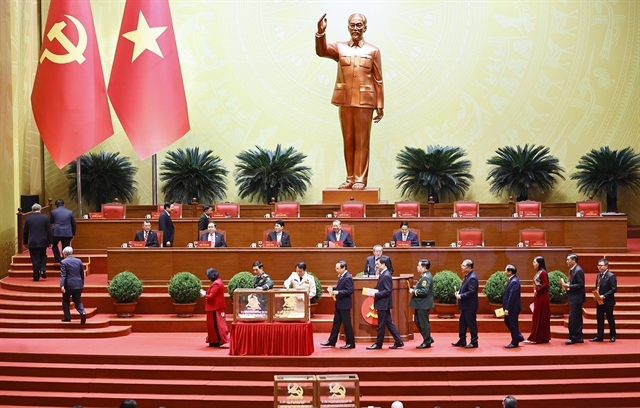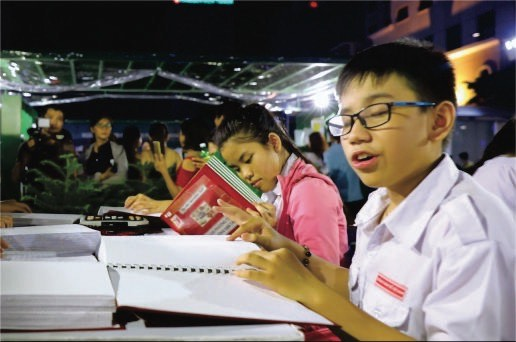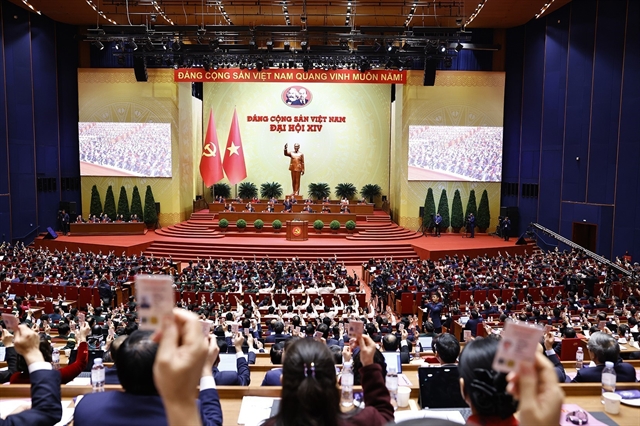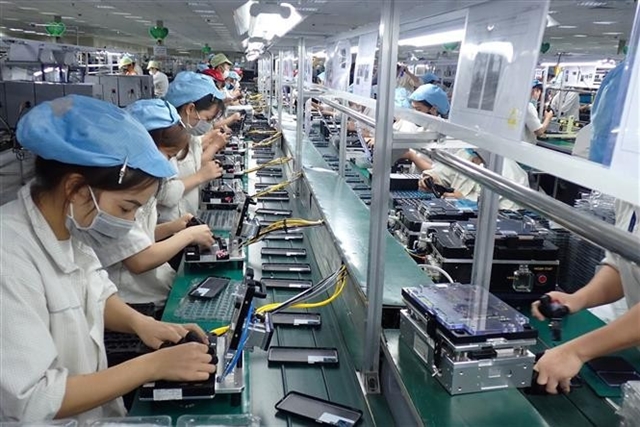 Society
Society

The treaty enables the production, distribution, importation and exportation of accessible format copies without having to ask for right holders’ permission. It also provides reassurances for the publishing industry and the author.

|
| The lack of documents in Braille and audio books, as well as few sign language speakers limits blind people's development, according to Phạm Viết Thu, President of Việt Nam Blind Association.— Photo thuduc.hochiminhcity.gov.vn |
HÀ NỘI — The lack of documents in Braille and audio books, as well as few sign language speakers limits blind people's development, according to Phạm Viết Thu, President of Việt Nam Blind Association.
Addressing the workshop 'Developing an advocacy roadmap for the Marrakesh Treaty accession in Việt Nam' in Hà Nội on Tuesday, Thu said documents and books are very important means for people to access information, practise skills, improve their quality of life and contribute to society.
However, the number of books and newspapers in these formats is still very small compared to the need.
The Marrakesh Treaty paves the way for enabling those who are blind, visually impaired or otherwise print disabled to access published works.
The treaty enables the production, distribution, importation and exportation of accessible format copies without having to ask for right holders’ permission. It also provides reassurances for the publishing industry and the author.
Việt Nam is not yet a party to the treaty, so people who can't read normal documents have difficulties in accessing literature works that were made public, he said.
According to Catherine Phuong, Assistant Resident Representative of United Nations Development Programme Việt Nam, less than 1 per cent of published books in developing countries are accessible to people with print disabilities, a situation often referred to as a “book famine” which causes serious consequences.
The book famine can exclude persons with disabilities from access to education, employment, health care, culture and participation in political, economic and social activities. These factors contribute to the high rate of poverty among them.
The Marrakesh Treaty would help end book famine and realise the principle of “leaving no one behind” of the UN's Sustainable Development Goals, she said.
Improving access to published works in accessible formats would increasingly become a critical issue in Việt Nam, said Phạm Thi Hải Hà, deputy head of Department of Social Assistance under the Ministry of Labour, Invalids and Social Affairs.
According to the latest census announced by the General Statistics Office of Việt Nam, 6.2 million people aged 2 years and above live with disability. Vision disabilities were found to be the most prevalent types of disability, accounting for 1.03 million.
Việt Nam’s population is ageing very fast, which is likely to increase the number of the elderly with vision impairments and print disabilities.
Improving accessibility for persons with disabilities, including with regards to information and knowledge, is an essential element for disability-inclusive societies and fulfilling the basic rights spelt out in the Convention on the Rights of Persons with Disabilities that Việt Nam is a party to, according to Hà.
In addition, improved access to knowledge could reduce the high poverty rate among the 73,000 members of the Viet Nam Blind Association, which is almost four times the national poverty rate of 5.8 per cent.
“We believe that the Government of Việt Nam is committed to ratifying the Marrakesh Treaty within the next few years. We believe that the Government should put more efforts into discussing with the different ministries on how to push for this process and make sure that it happens as soon as possible,” Phuong told Việt Nam News.
Nguyễn Thanh Tâm, director of Hướng Dương Audio Books for the Blind, said braille books were essential for the blind.
“The implementation of the Marrakesh Treaty doesn’t affect the right of authors but helps persons with print disabilities access knowledge and better integrate into the community,” he said.
Regarding advantages when the country joined the treaty, Phạm Thanh Tùng from the Copyright Office of Việt Nam said Việt Nam’s Law on Intellectual Property already provided a specific exception for “transcription” of works into braille.
However, he said, it was necessary to have experience sharing and technical support from foreign experts and organisations to ensure print disabled people could access published works. — VNS




